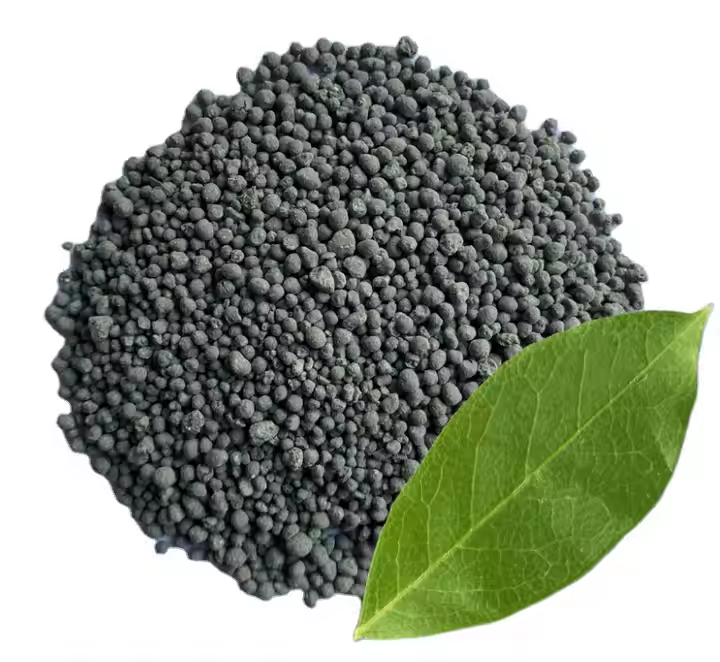our websites:
quick contact:
- JBC 2,JLT, PO Box 212889 Dubai, United Arab Emirates
- +971 55 489 4873
- info@rgefertilizer.com
Search
People also search for:
Single Superphosphate (SSP)
- Home
- Phosphorus Fertilizers
- Single Superphosphate (SSP)

Single Superphosphate (SSP)
Single Superphosphate (SSP) is a widely-used phosphate fertilizer that provides essential phosphorus to crops. It’s derived from a simple chemical process involving phosphate rock and sulfuric acid, resulting in a product that’s easy to apply and highly effective.
Key Features of SSP:
- Chemical Composition: Primarily composed of dicalcium phosphate dihydrate (Ca(H2PO4)2·H2O).
- Production Process: A straightforward reaction between phosphate rock and sulfuric acid.
- High Water Solubility: Ensures rapid release of phosphorus into the soil for immediate plant uptake.
- Calcium Content: Provides additional benefits for plant health and soil structure.
- pH Modification: Can help neutralize alkaline soils, making them more suitable for crop growth.
Benefits of Using SSP:
- Essential Phosphorus Supply: Boosts plant growth and development.
- Enhanced Root Growth: Promotes stronger root systems for better nutrient absorption.
- Improved Flowering and Fruiting: Leads to higher yields and better quality crops.
- Cost-Effective: A more budget-friendly option compared to other phosphate fertilizers.
- Easy Application: Granular form allows for convenient handling and spreading.
- Versatile Usage: Suitable for various soil types and crops.
Single Superphosphate (SSP) is widely used by various industries, including agriculture and horticulture, due to its effectiveness as a source of phosphorus for plants. Here are some of its common users:
1. Farmers and Agricultural Producers:
- Crop Producers: SSP is primarily used by farmers to supply phosphorus to crops like cereals, legumes, fruits, and vegetables. It supports root development, flowering, and fruiting, boosting overall crop yield and quality.
- Horticulturists: Gardeners and horticulturists use SSP for flowering plants, trees, and shrubs to promote healthy growth and vibrant blooms.
2. Agricultural Supply Companies:
- Companies that sell fertilizers to farmers and gardeners commonly supply SSP as a more affordable phosphorus fertilizer option compared to other types of phosphate fertilizers.
3. Soil Management and Fertilizer Blenders:
- Soil Improvement Companies: SSP is often used by companies that specialize in soil amendment and conditioning, particularly in areas with alkaline or deficient soils.
- Fertilizer Mixers: SSP is sometimes mixed with other nutrients (such as nitrogen or potassium) to create customized fertilizer blends for specific crops or soil types.
4. Organic Farming:
- While some organic farms prefer organic sources of phosphorus, others use SSP as a more affordable and effective option to meet the nutrient needs of crops, especially in the case of larger-scale operations.
5. Public and Private Agricultural Research Institutes:
- Research Institutions: SSP is also used in agricultural research to study the impacts of phosphorus on soil health, crop growth, and environmental sustainability.
6. Landscaping and Turf Management:
- Landscapers: For turf management and large landscaping projects, SSP is used to ensure proper plant growth and soil fertility.
- Sports Fields and Golf Courses: Turf management companies use SSP to improve the health and performance of grass and plants.
In summary, SSP is predominantly used by farmers, agricultural suppliers, horticulturists, landscapers, and research institutions involved in plant growth and soil health management.
Packing
SSP is commonly packed in 50 kg or 25 kg bags for easier handling and distribution. These bags are often made of woven polypropylene (PP) or polyethylene, which are durable and protect the product from moisture.
These are large fabric containers capable of holding larger quantities of SSP (usually around 1-2 tons). They are designed for easier unloading and handling, typically used for distribution to large agricultural operations.
SSP can be shipped in bulk for large-scale agricultural uses. This is typical for large farmers, co-operatives, or distributors who need significant quantities of fertilizer. It is usually transported by truck, rail, or ship in bulk containers.

